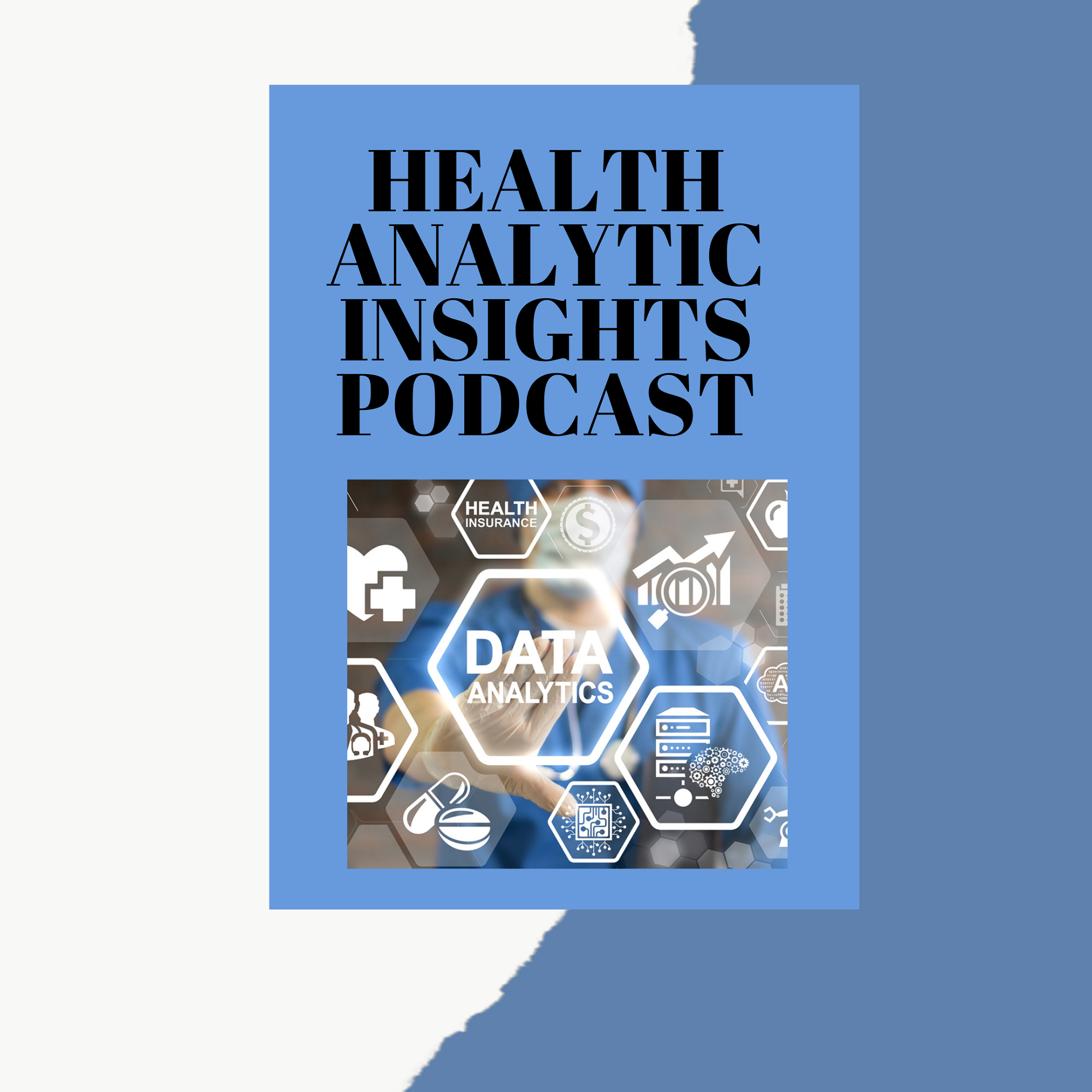The health informatics field is fairly new and therefore it can be difficult for undergraduate students and new grads to look for job opportunities. In this blog post, I hope to break down entry-level roles in the field of health informatics and the skills required for these positions so you can get a jump-start on your career growth in the field.
Where to look for entry-level roles?
For entry-level roles, some of the organizations you can apply to in the field of health informatics could be government health research organizations. For instance, in Canada, there is Health Canada and the Canadian Institute for Health Information. You can also apply to positions at EHR (electronic health record) or EMR (electronic medical record) vendors, some of the most popular healthcare vendors are: Epic, Cerner, Meditech, AllScripts & GE Healthcare.
However, it can be difficult to find an entry-level role for some of the EHR vendors because you might have to be trained by the company itself and might need sponsorship from a hospital. Another place to apply to are hospitals that have Clinical Decision Support departments where you might find positions that fall into the realm of health informatics.
Breaking into the field of health informatics is NOT easy. You can read my blog posts here and here for some additional tips. With entry-level roles, you will not be expected to know everything and hopefully, you will have a mentor in place either as a manager or a colleague who can teach you about the workplace culture and organization. Without further ado, here are some possible entry-level role titles you can apply to today!
System Analyst (SA) or Clinical Decision Support Analyst (CDSA)
Potential entry-level roles in health informatics are the System Analyst or the Clinical Decision Support Analyst. These roles can be a part of the Information Systems or Information Technology department or this role can be a part of the Business Intelligence or Business Analyst department; this is all highly dependent on the organizational structure of your workplace.
Oftentimes the SA or CDSA will work on analyzing and maintaining health data. Part of your role might include carrying out statistical analysis, building reports, and dashboards and writing SQL queries to extract insights from the data which can answer specific questions. Also, it’s important to be knowledgeable about the privacy policies in place when dealing with health data and sharing data both internally and externally with your organization.
Some of the technical skills you might need to acquire or can be taught on the job and outside of work are data visualization skills, using tools such as Power BI, Tableau, Qlik, and Excel.
Although the process of creating reports or dashboards, once you get a hang of it, is not a complex procedure, the intricacies lie in finding ways to communicate your insights to users. In addition to this, you need to gather requirements and make sure you are keeping users in the loop while you are building reports and dashboards to ensure your final product will be used. Training others on how to use the reports and dashboards might also be a big part of your job, thus, strong presentation skills are necessary.
Therefore, if the role of the SA or CDSA sounds interesting to you, what can you do today to prepare for this role?
1) Build up your statistical knowledge
If you have not already taken a basic statistics course it would be beneficial to, making sure you understand when to use common statistical tests based on the format of your data is key. If you want to go one step forward consider taking a biostatistics course.
2) Download a data visualization tool
If you are not sharing reports you can try Power BI desktop for free and play around with the tool or you can even use Excel to start building charts and graphs and use open datasets on the web to build your reports
3) Hone your presentation and communication skills
Communication is important for the Systems Analyst or Clinical Decision Support Analyst role, consider programs such as Toastmasters to develop your public speaking skills and consider finding ways to become more organized. This role can have you pulled in several different directions when people from various departments are looking to have reports and dashboards built.
Consider downloading a tool such as Microsoft Planner or Trello and start getting into the habit of having multiple projects on the go, making sure you are organized and maintaining deadlines. I would investigate how to beef up your project management skills, as this is a role that pulls on that field as well. You might have to lead meetings, carry out interviews to see how users are interacting with the tool you have built and how you can improve it to better fit their needs.
As a SA or CDSA Analyst to progress with your career it’s important to be knowledgeable about the technical side of your organization (e.g., the structure of the data warehouse, database management, the ETL process ) and the clinical side of your organization (e.g., understanding clinical terminology, having conversations with clinicians in your field and keeping up as best you can with changing medical practices) some tips for this include:
- Joining professional societies in the field of health informatics
- Reading publications in your field
- Practicing your SQL skills by using websites such as SQLZOO.net
- Taking online courses
- Attending professional conferences that your employer sponsors
- Listen to podcasts: the Health Analytic Insights Podcast 😀
- Subscribe to informatics newsletters such as STAT Health and HIMSS
New to the field of health informatics? Get this free guide to getting your first job in Health Informatics!
The role of a SA or CDSA is rewarding and is expected to rapidly grow through the years but requires persistence and continuous learning to succeed! 
Methodologist or Epidemiologist
Other potential entry-level roles in the field of health informatics include those of the Methodologist or the Epidemiologist. These positions can be focused on the research arm of the healthcare field. Methodologists can be responsible for designing clinical experiments and trials. For instance, if your organization collects healthcare data, which a System Analyst would be taking the lead over, and an external organization wants to use this data to design an experiment a Methodologist or Epidemiologist might be the one overseeing the clinical trials and designing the surveys.
As a Methodologist, it might be a part of your job to implement and evaluate methods for sampling, collecting, processing, and analyzing your organization’s healthcare data. Individuals both from within your organization or outside of your organization might come to you with a research question they need to answer and it’s up to you and your strong statistical knowledge to design how you will collect the data needed to answer this research question, this might fall under designing a questionnaire or survey for participants.
Once the survey results are collected, Methodologists will weigh and analyze the results, thus, people in this career need strong statistical and analytical skills to be successful. A potential career progression from Methodologist could be a Medical or Clinical Data Scientist.
Some of the technical skills you might need to acquire or can be taught on the job and outside of work are using tools such as Excel, Biostatistics, SPSS, R, and SAS.
If the role of Methodologist or Epidemiologist sounds interesting to you, here’s what you can do today to prepare for this role:
- Make sure you have a strong background in Statistics or Biostatistics
- Take some online courses in survey data collection and analytics, there are a few courses on Coursera that you can audit for free
- Start programming in R (most of the organizations I have been exposed to use R or SAS) by building your clinical business intelligence project (I talk about this in-depth in my blog post here)
Similar to the role of the Systems Analyst to progress your career as a Methodologist or Epidemiologist this might result in you looking for opportunities outside of work in the form of conferences and professional organizations to keep up with the constant growth involved with the field of health informatics
I hope this content has been helpful to those who are interested in the field of health informatics, if you are looking for entry roles I would look at the skills needed for these entry-roles and try to beef up my resume by doing self-learning and attending relevant conferences and events to grow my network.
I would apply online and reach out to employers through LinkedIn and I would focus my search on hospitals in the area, EHR or EMR vendors, and government organizations which specialize in healthcare data.
Best of luck on your search, and I would love to hear from you, comment below, what type of role are you looking for in the field of health informatics?

4 Comments
Sai Chaitanya Muttavarapu · August 30, 2021 at 7:54 pm
Very useful for people who want to start their carrer in health informatics mam
healthanalyticinsights · August 30, 2021 at 11:47 pm
Thank you!
Oby Babu · January 26, 2023 at 2:52 am
Is there any college giving online master in health informatics course
healthanalyticinsights · January 27, 2023 at 12:37 am
Please see a list of health informatics courses here: https://www.nihi.ca/listings.php?ListType=HIMProgram